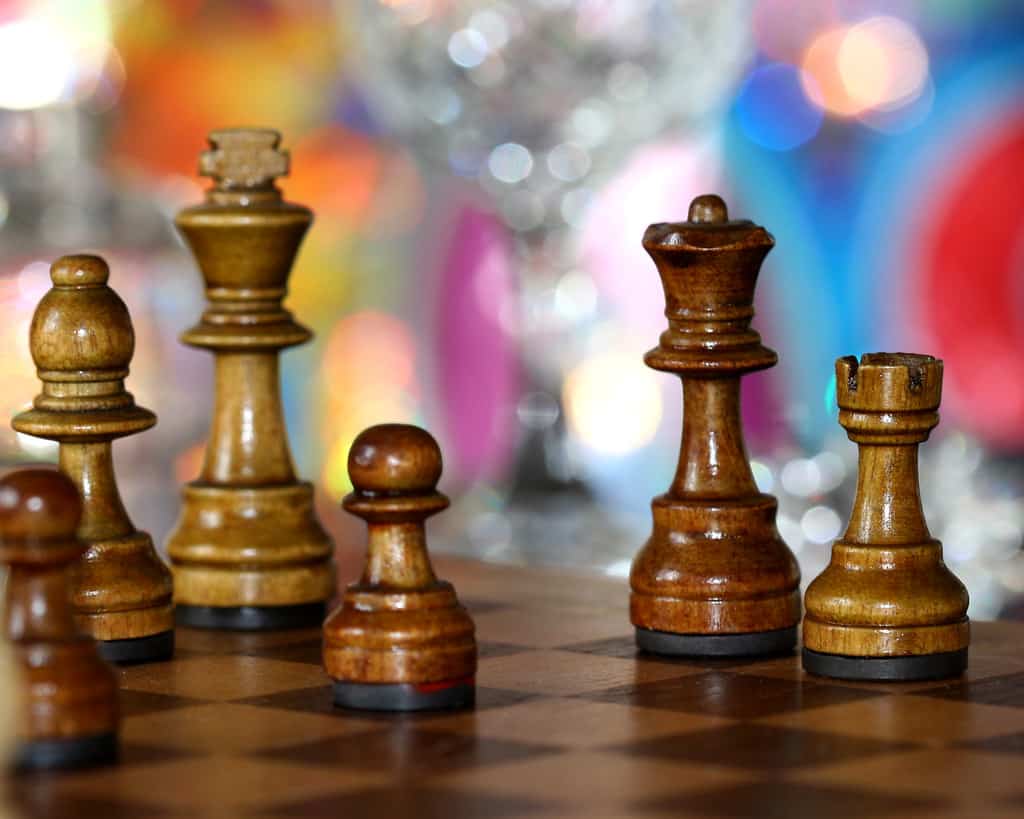Playing chess is one of the most mentally demanding things you can do. It requires you to think five steps ahead of your opponent and the game in general. You constantly have to consider how multiple pieces might move on the board and how each move will affect the game. Several of these skills and thought patterns can be translated into real life. The strategy and calculations required to win a game of chess can become a real advantage for anyone in the real world.
Here are four ways you can apply ‘chess-thinking‘ to real life.
Making sacrifices
The pawns in chess are basically sacrificial pieces. That’s why they are called pawns. It’s because they are simply instruments you use to achieve your goals. When you play chess, you learn that sacrificing some pieces is essential for the overall goal of capturing the king. Very often, you have to sacrifice more than the pawn. Sometimes, you also have to sacrifice rooks and even knights.
This understanding of the benefits of sacrifice can help in real life. Knowing you can’t save all your pieces can help you with everything, from getting out of debt to making important decisions in your workplace. You simply forgo the less important things for the more important ones.
Prioritization
While playing chess, you also have to develop a sense of priority. This means you need to be able to decide what’s more important and go for that, forgoing less important things. Without prioritization, you simply can’t win at chess. You’d be out to kill as many pawns as you can instead of trying to capture the king.
Prioritization can also help in many real-life situations. Sometimes, you have to choose between spending time with the ones you love or working. Prioritization will help you decide what’s more pressing at that time. Sometimes, your friends and family will understand when you skip on hanging out. In other situations, it may be best to forgo work and show them that you care. It all depends on the circumstances, and prioritization can ensure you make the right choices.
Learning from mistakes
Making mistakes is as much a part of life as it is a part of chess. When you first start playing, you’re going to lose a lot, especially if you’re going against a pro. At this point, the best way to become better is to learn from your mistakes and adjust.
The same thing applies to life. If you learn from your mistakes, you’ll make better decisions in the future. But then, you don’t necessarily have to make all your mistakes. You can also learn from others. You can read review websites like ReviewNerds that tell you what the benefits and pitfalls of some money decisions are. Knowing this can help you make better decisions.
Confidence
Another major lesson to be learned from chess is confidence. Quite often, you’ll make moves without knowing how your opponent will react. While you can calculate the risks and determine what’s practical to do, you can’t really be sure. Until you make a move and watch how your opponent reacts, you’re basically acting blind. You need the confidence to walk blind.
In real life, this confidence can be very useful, especially since we do most of the things we do without any real knowledge of how they might turn out. Even though you have to act on faith most of the time, you can’t exactly second-guess every decision you make. If you do so, you’ll never get anything done.

